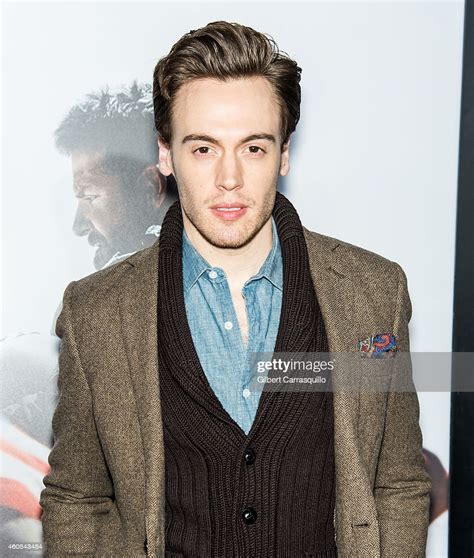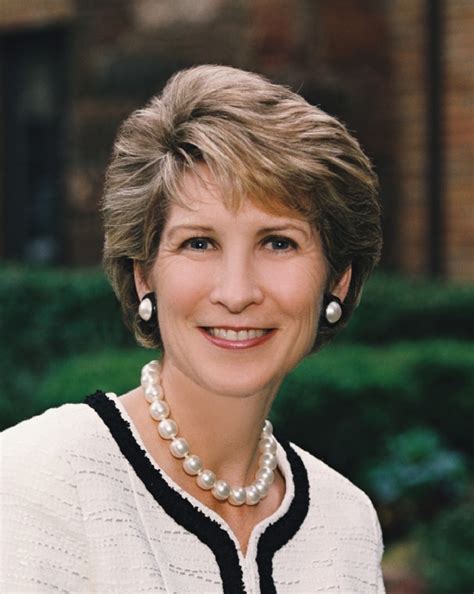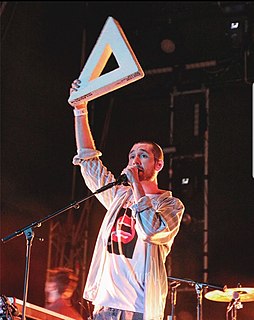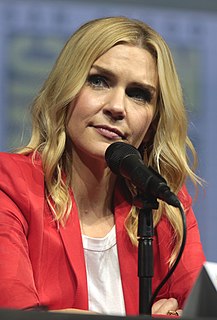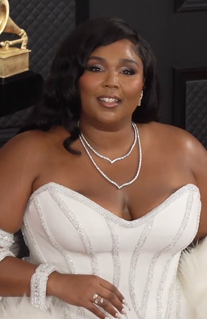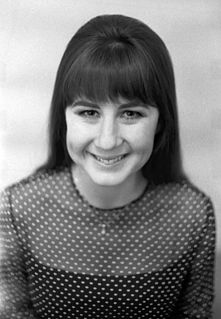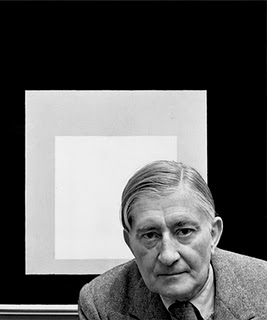A Quote by Charlie Haden
I used to listen to a lot of Bach on the radio, and when the basses started to sing, it made everything complete - it made it all make sense.
Related Quotes
'Boneless,' even though we were thinking about servicing it to radio, it made more sense putting a vocal on there. This was actually the first time that I really looked at doing a song for radio and kind of let go of some control and listened to a lot of different radio pluggers and had Ultra come in and help out with ideas.
The gods weave misfortunes for men, so that the generations to come will have something to sing about.” Mallarmé repeats, less beautifully, what Homer said; “tout aboutit en un livre,” everything ends up in a book. The Greeks speak of generations that will sing; Mallarmé speaks of an object, of a thing among things, a book. But the idea is the same; the idea that we are made for art, we are made for memory, we are made for poetry, or perhaps we are made for oblivion. But something remains, and that something is history or poetry, which are not essentially different.
When I first saw Destiny's Child, I was in the fifth grade, and it made me want to sing and make music and there would be these freestyles on the radio for what seemed like hours, it was just so cool to me. So all of these influences and these styles started to blend together. Eventually, that evolved into me finding the indie scene in Houston. When I was 19, I joined a rock band, and that's when I began to say, "Okay, this is something that I could take seriously."

